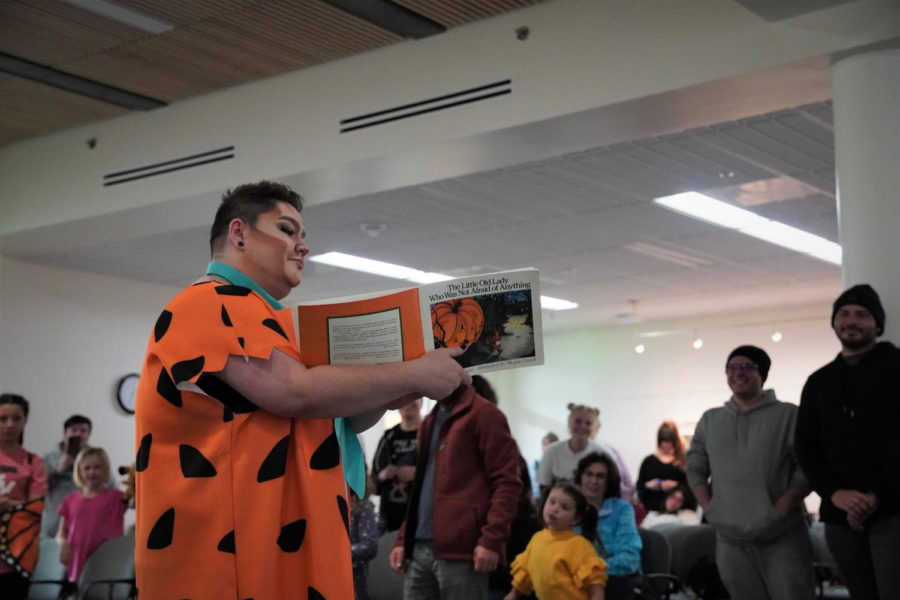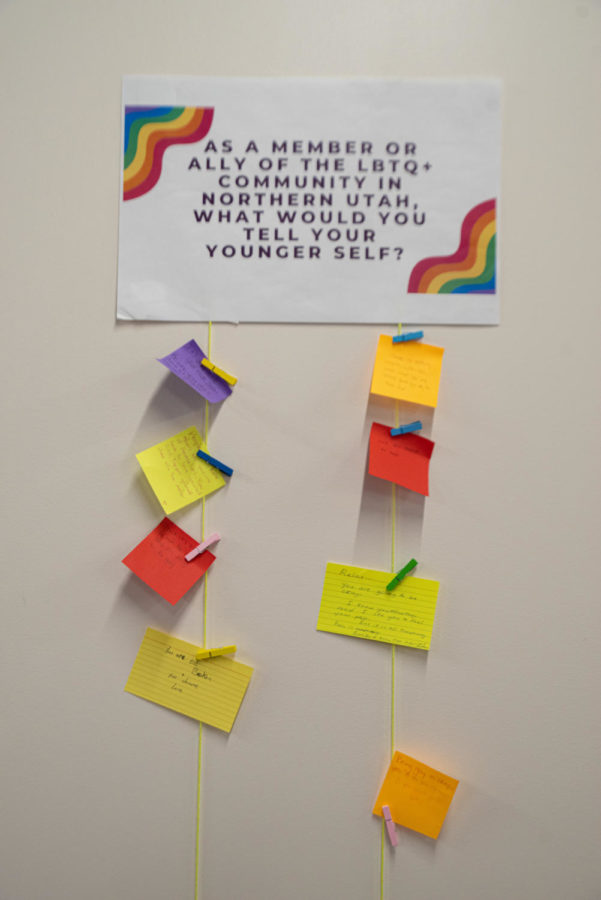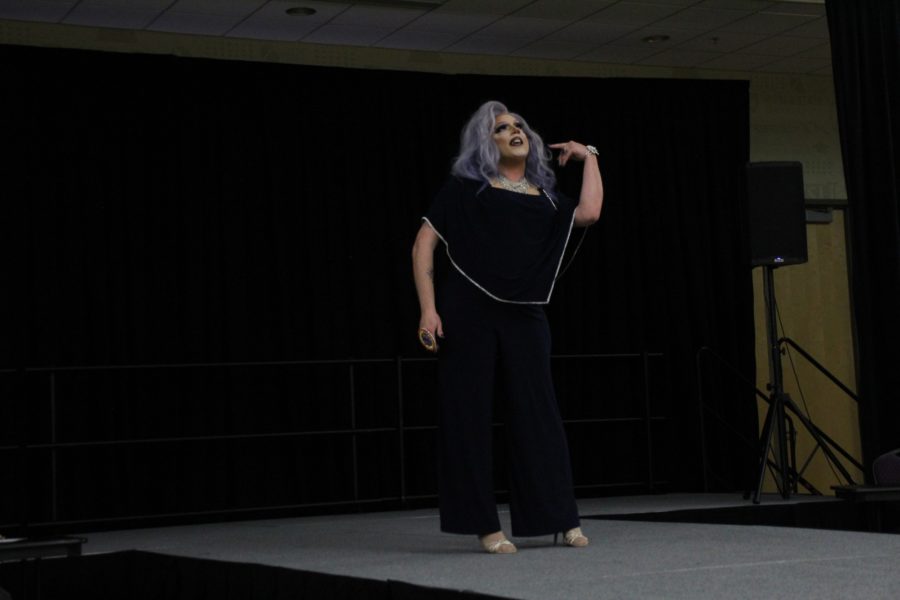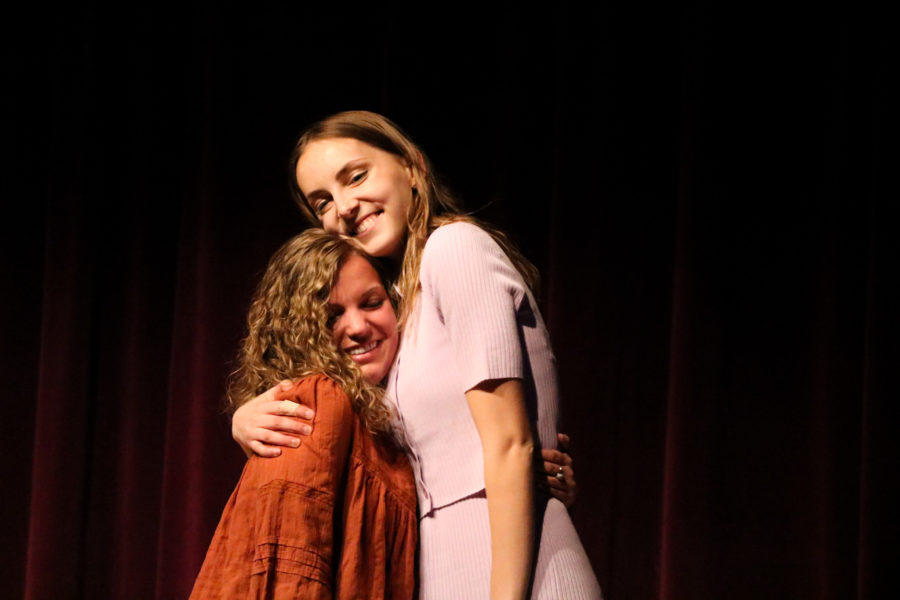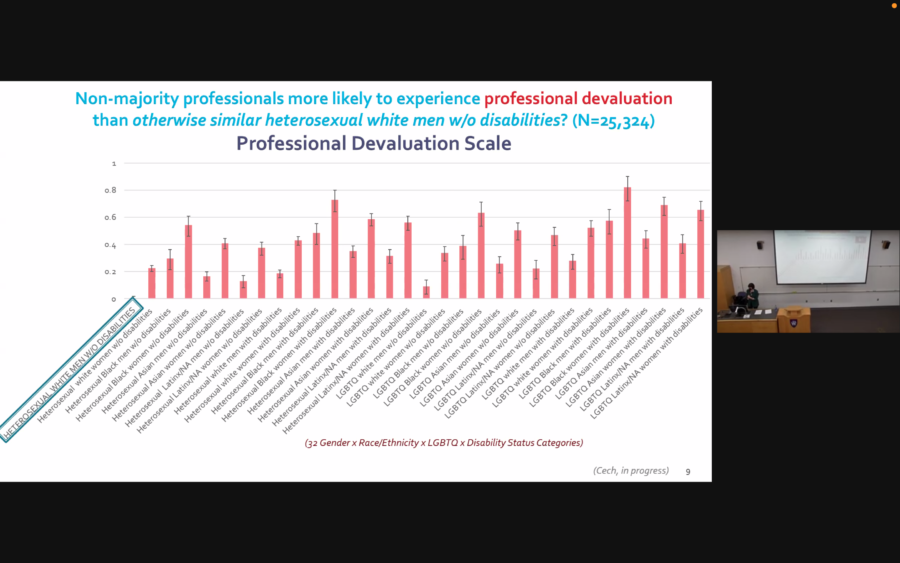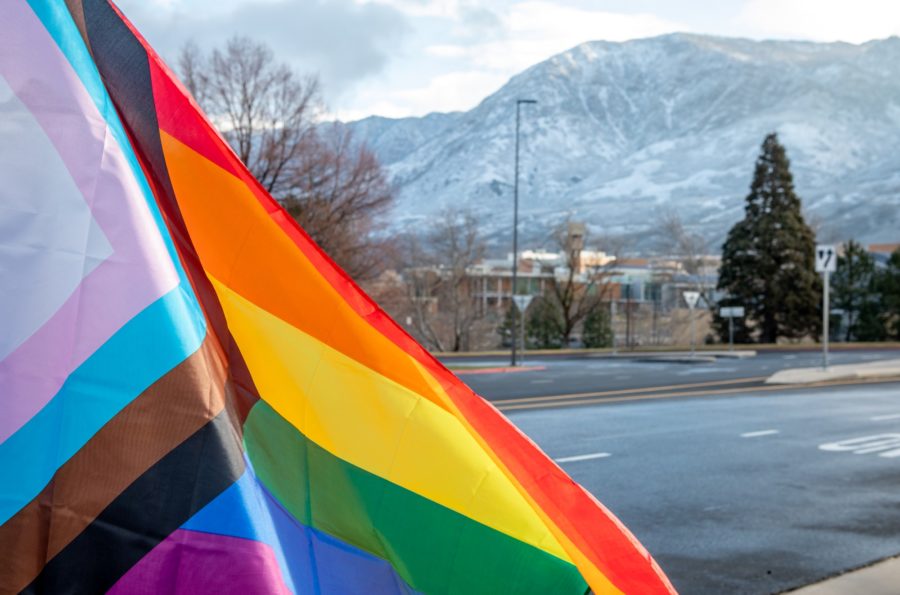
“There are over 300 ways to (sexually) identify yourself currently” was among the facts students were exposed to at the Ally as a Verb: Learn How to Be in Solidarity with the LGBTQ+ Community program presented on Sept. 15 by Anne Olsen, former Weber State University student, who focused her research on women’s studies, gender studies and LGBT culture.
An ally acts as a support system for someone in the LGBTQ+ community who is being oppressed. In conservative states, such as Utah, where many people are still warming up to those in the LGBTQ+ community, there is still an element of oppression. And, as Olsen put it, “I think people think it’s a lot harder than it is.”
There are a number of things allies can do: educate themselves, be involved, speak up and be comfortable with being uncomfortable. The most important thing is be selfless and loving. Allyship is all about the other person.
Catherine Shackelford, LGBT awareness chair, said, “It takes more than just being not homophobic to be a good ally and a good friend to people.” Yes, an ally should have an open mind and heart, but if that is it, then they will still be lacking.
Ally is not a form of identity. It’s an action. That action can come in forms as simple as going to LGBTQ+ movie nights or as personal as standing by and supporting a friend who is questioning their sexuality.
Some may think “I’m not gay. How am I going to understand what my friend is going through?” It’s not possible to know exactly how someone else is feeling, but being aware of what they are experiencing is vital. Unshakeable support is vital. Allyship is vital because an ally can be there when family, religion and community chooses not to be.
Some of the biggest mistakes an ally can make is expecting praise for the work they do and trying to take the lead when they don’t know where to go. Taking someone by the hand and leading them down a predetermined path is not being an ally. It is being a leader instead of a companion.
Olsen advised those interested in becoming an ally to “get educated, get involved and stay curious.” The Pride Center in Salt Lake City is available to give more information, and there are on-campus resources to help people get involved also, like the WSUSA Diversity & Unity branch that hosted this event or the LGBT Resource Center.
The first step to getting involved and becoming an ally is showing up.











